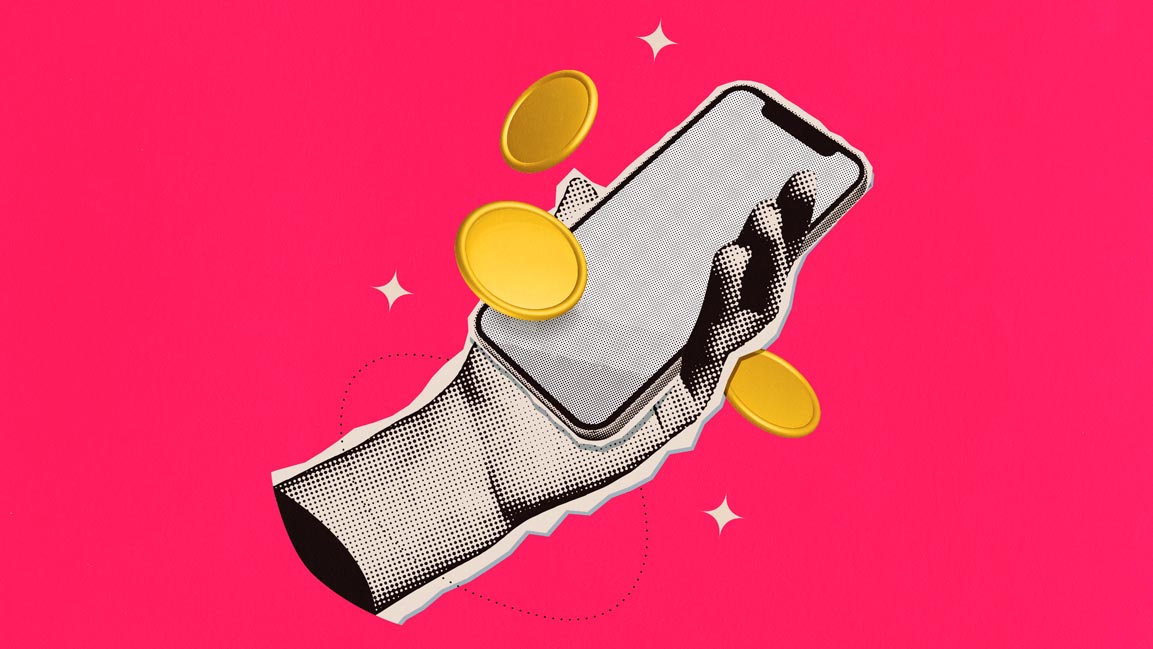UAE Makes First Cross-Border Digital Currency Payment to China
Sheikh Mansour executes UAE’s first CBDC transaction using mBridge, as a part of its mission to expand its global network in 2026.
Topics
News
- Dubai Media Enters Streaming Space With Dubai+, a Local-First OTT Platform
- MBZUAI Unveils K2 Think V2, Advancing the UAE’s Push for Fully Sovereign AI
- ENEC, TII, and ASPIRE Partner to Advance Autonomous Aerial Systems
- OpenAI Bets on AI to Streamline Scientific Research Workflows
- AI Use Is Rising at Work but Productivity Gains Lag
- Meta Signals Shift Toward Paid Features With Subscription Tests Across Its Apps

The United Arab Emirates successfully completed the country’s first cross-border payment using a central bank digital currency (CBDC). Sheikh Mansour bin Zayed Al Nahyan, Vice President, Deputy Prime Minister, and Chairman of the Presidential Court, made the transaction between the UAE and China through the mBridge network—a blockchain-based platform designed for real-time cross-border settlement.
The payment, conducted during Sheikh Mansour’s meeting with Pan Gongsheng, Governor of the People’s Bank of China, marked a financial and technological tie between the two nations. It also demonstrates the UAE’s commitment to being a primary testbed for advanced financial infrastructure and digital currency interoperability.
Developed collaboratively by the Central Bank of the UAE (CBUAE) and the People’s Bank of China, mBridge connects multiple jurisdictions through a shared technical framework, enabling instant peer-to-peer payments and foreign exchange transactions. Built on a bespoke blockchain known as the mBridge Ledger, the platform was made to overcome long-standing challenges in global payments, such as high costs, slow processing, and fragmented correspondent banking systems.
The project’s pilot phase, conducted in 2022 with real-value transactions, demonstrated the system’s feasibility. Now moving toward an expanded rollout, mBridge will bring additional central banks into the network by 2026.
At the same event in Abu Dhabi’s Qasr Al Watan, the UAE also launched its first multi-scheme prepaid card, Jaywan–UnionPay, marking another step in integrating domestic and international payment systems.
“These advanced initiatives reflect the depth of the strategic partnership between the United Arab Emirates and the People’s Republic of China,” Sheikh Mansour said. “They represent tangible steps towards developing a modern and secure financial infrastructure that fosters innovation and enhances the UAE’s global competitiveness.”
The announcement follows the UAE government’s first domestic transaction using the Digital Dirham last week, which was conducted jointly by the Ministry of Finance and Dubai’s Department of Finance.







